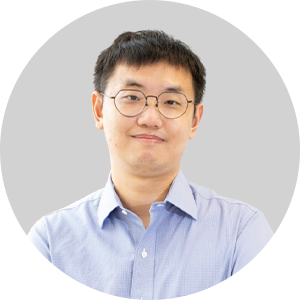Telecommunications
Qi ZHAO
Llaying the foundation for quantum computing and quantum information applications.

China
Yujia Yang
His innovative combination of electron microscopy and integrated photonic chips pioneered the precise measurement and ultrafast control of free electrons using integrated optics, which holds promise for advancing systems applications in scientific instruments, industrial equipment, and medical devices.

China
Xianjing Zhou
He realized the first-ever single-electron qubit system on solid neon, making it a promising candidate for building more stable and reliable quantum computers.

China
Han-Sen Zhong
Leveraging AI, he built the world’s largest neutral-atom qubit array and designed an AI-driven quantum error correction decoder compatible with all quantum error correction codes, laying the groundwork for fault-tolerant quantum computing.
